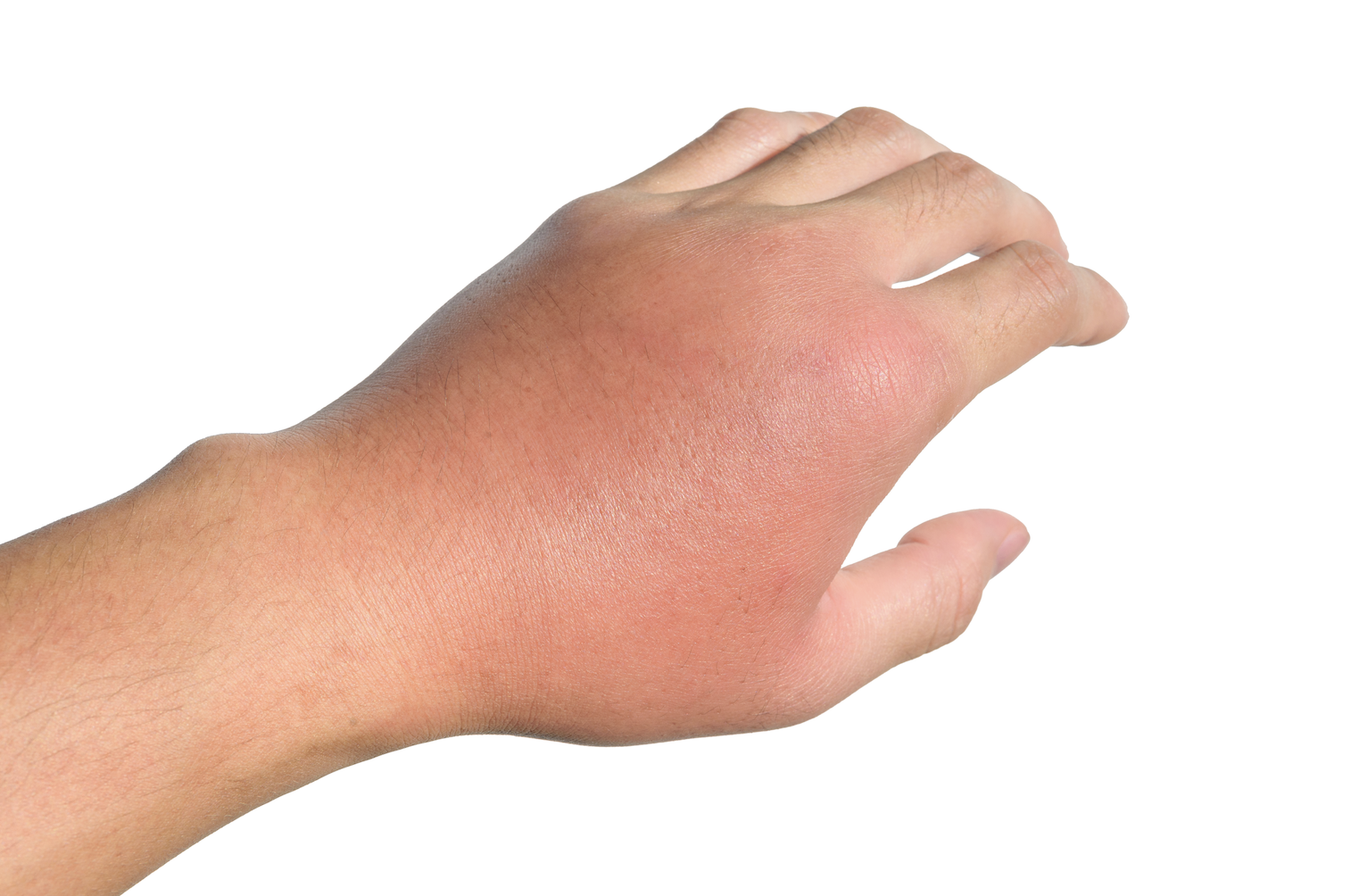Cellulitis is something that you have likely heard of if you have or are at risk of lymphedema. Although it is often mentioned briefly to cancer patients, we still see patients missing the hallmark signs of this common yet very serious condition.
So, what exactly is cellulitis and how do we spot it?
Cellulitis is a skin infection that can affect anyone but is particularly common in patients with lymphedema. It usually has a rapid onset and can spread very quickly, hence the importance of early recognition! It must be treated promptly with antibiotics, sometimes including intravenous antibiotics. Some of the classic signs and symptoms of cellulitis include:
- Skin redness including a rash like pattern or streaking
- Pain in the affected limb
- Swelling in the affected limb and surrounding area
- Skin that feels hot to the touch
- A feeling of general flu-like symptoms including a fever
Although cellulitis can affect anyone, patients with lymphedema are at a much higher risk for having a cellulitis infection and for having recurring cellulitis infections. This is because their bodies are not as efficient at fighting off infections and bacteria as a result of the lymphedema.
One of the best ways to minimize your risk and help prevent cellulitis infections is to practice good skin care habits. These include:
- Consistent moisturization with a gentle lotion
- Tend to wounds (big or small) immediately
- This includes: scrapes, hang nails, blisters, burns, or splinters
- Take extra caution and consider hiring a professional to help with cutting nails and providing foot care
- Wear sunscreen
- Wear insect repellant
- Use extreme caution using a razor to groom body hair, or consider other alternatives
- Consult regularly with a specialized health care provider to assess your skin integrity and risk profile
It is important to take the necessary steps to prevent cellulitis, however, often the direct cause is unknown and no “infractions” of recommendations have been made. In any case regardless of the cause of the cellulitis it is crucial that you seek emergency medical attention immediately. Keep these things in mind if your arm gets hot and swollen and think about the possibility that this might be more than just a flare up. For more information on cellulitis and lymphedema care, check in with one of our lymphedema therapists.


